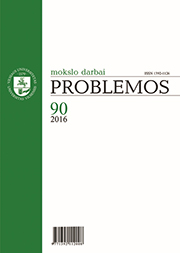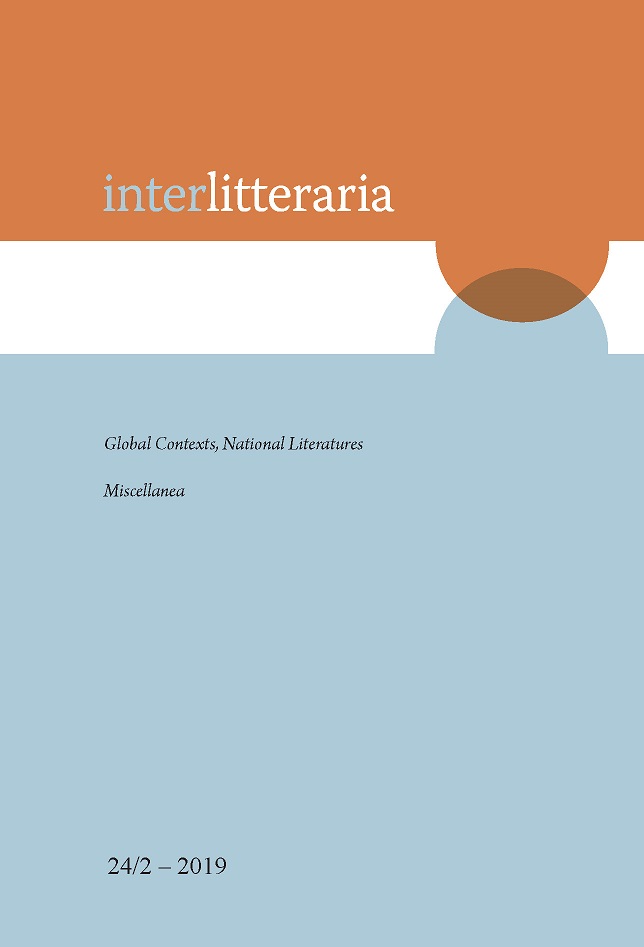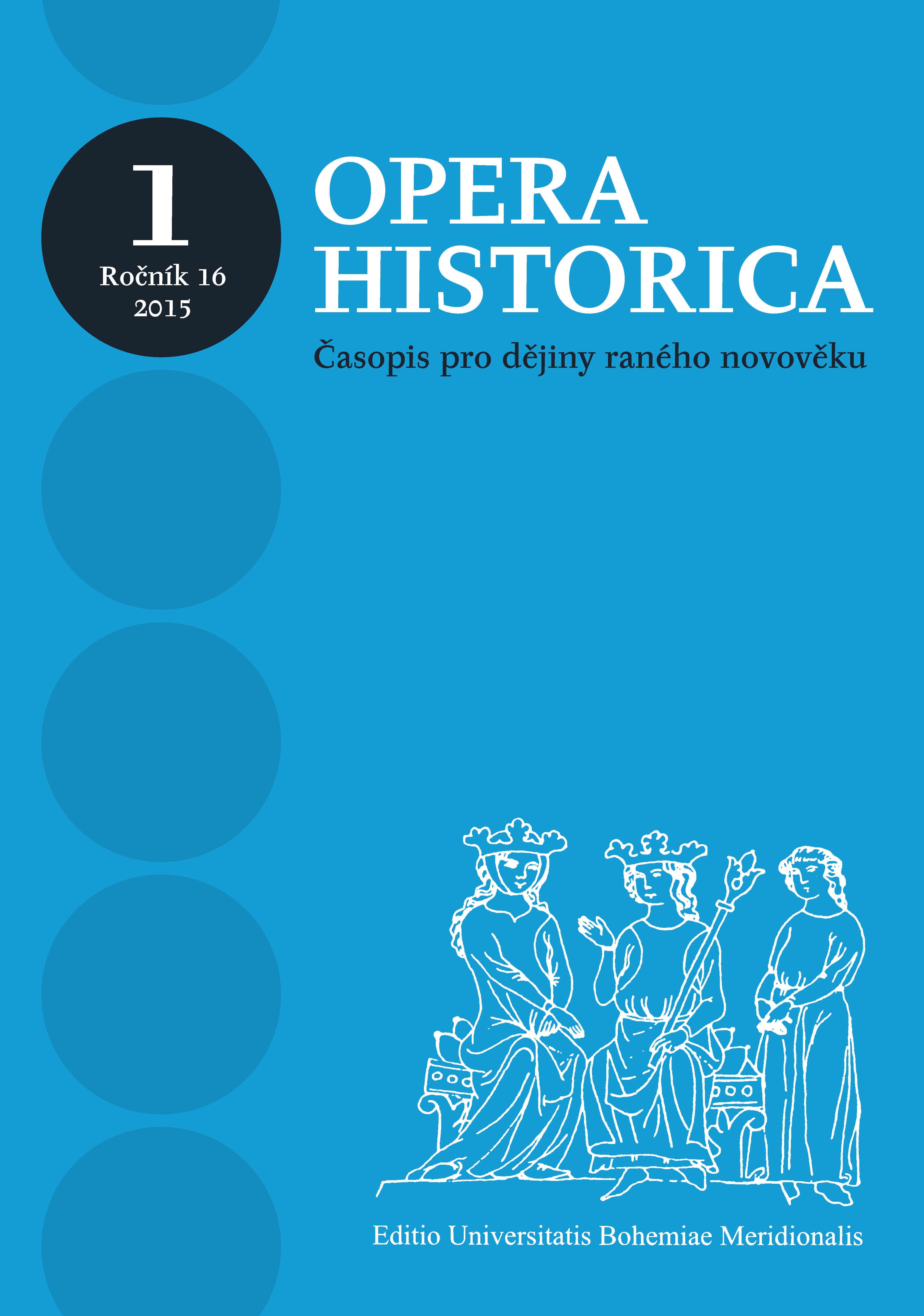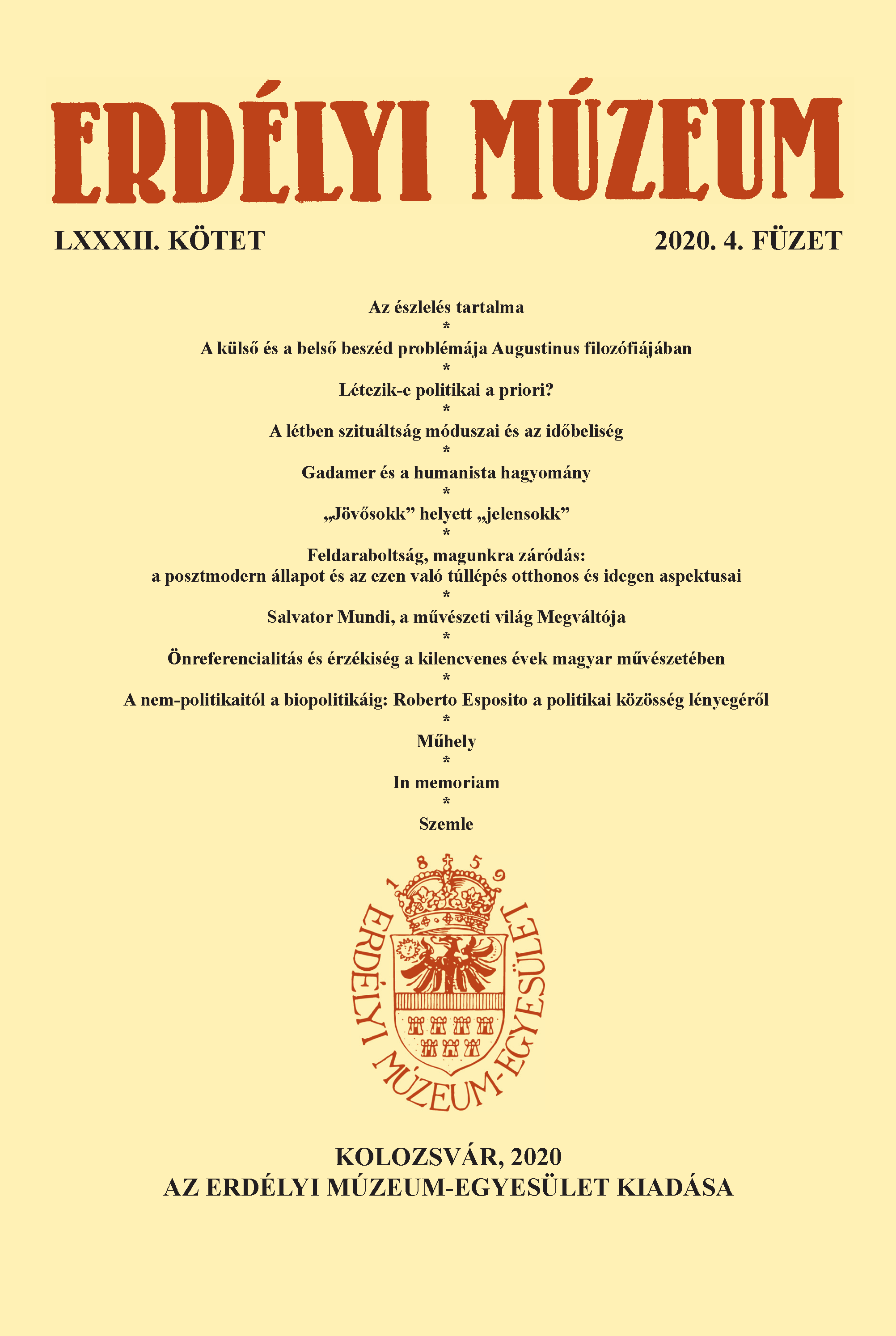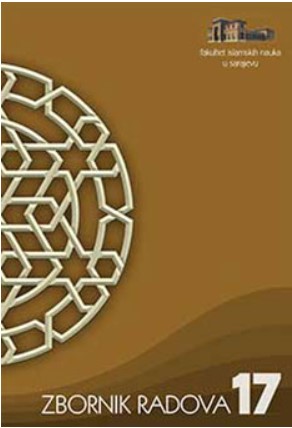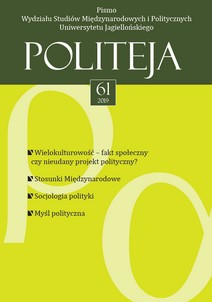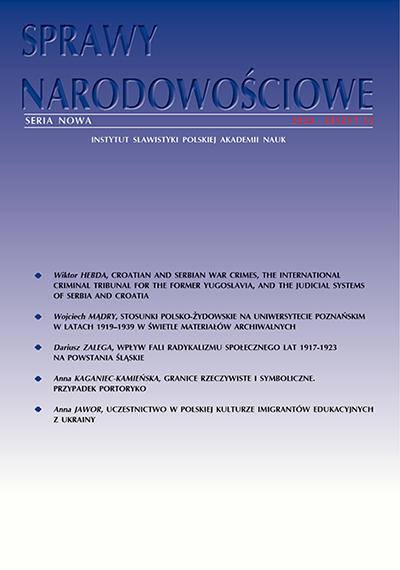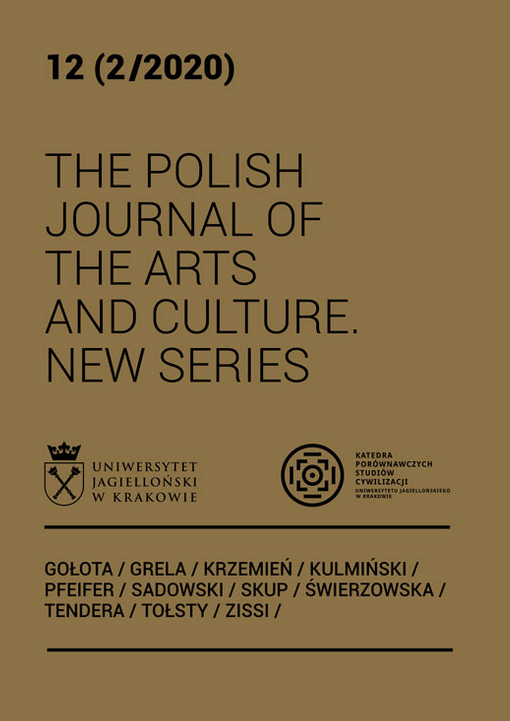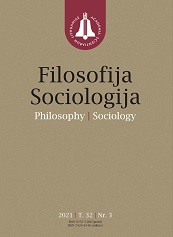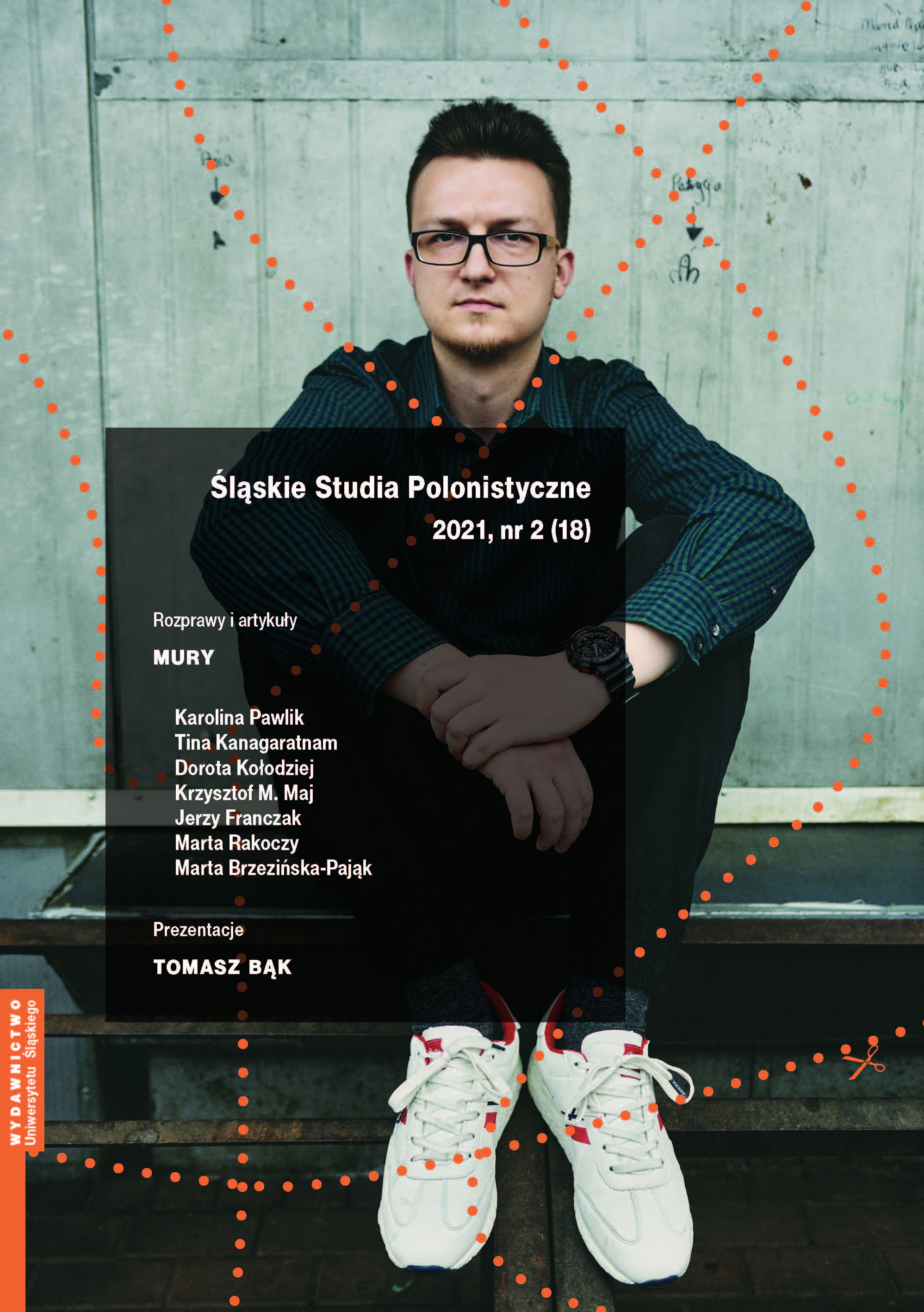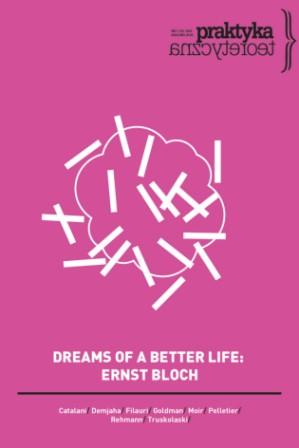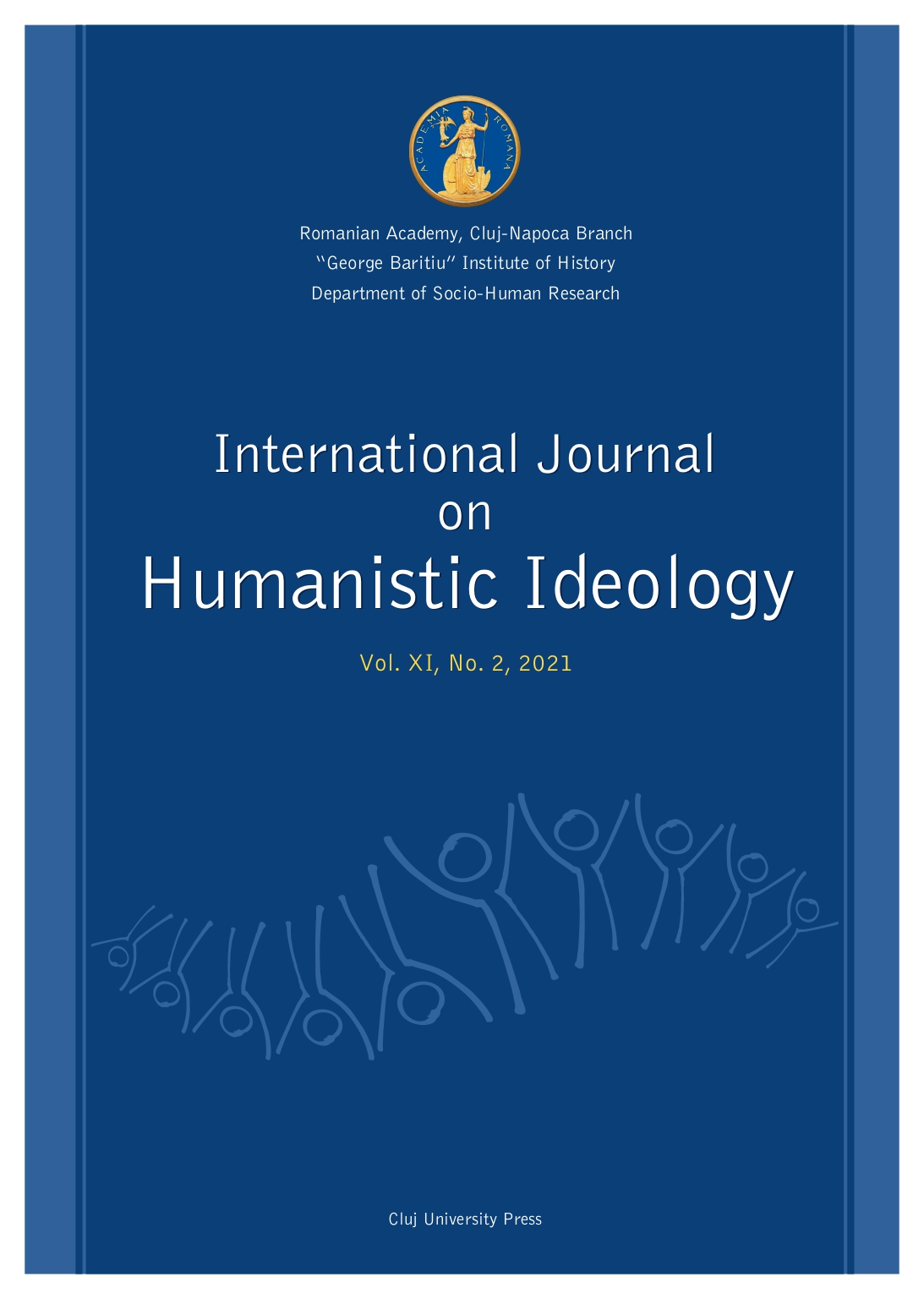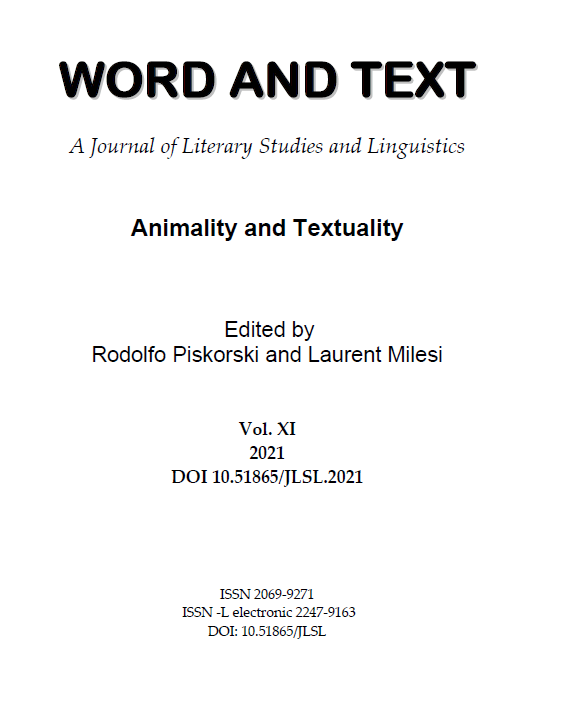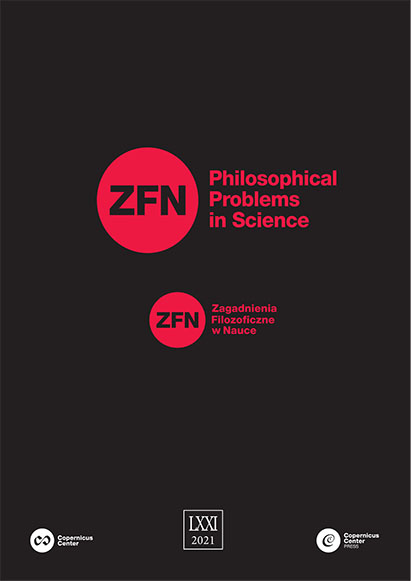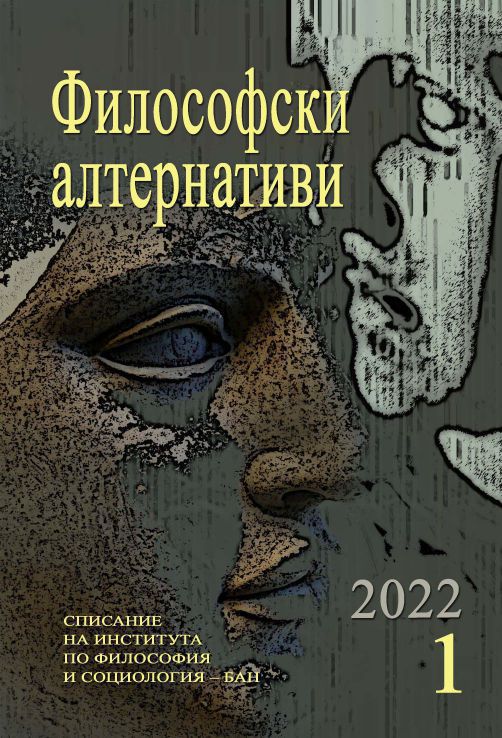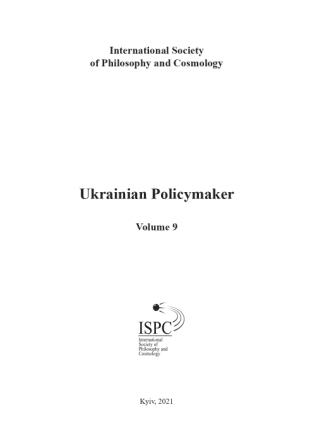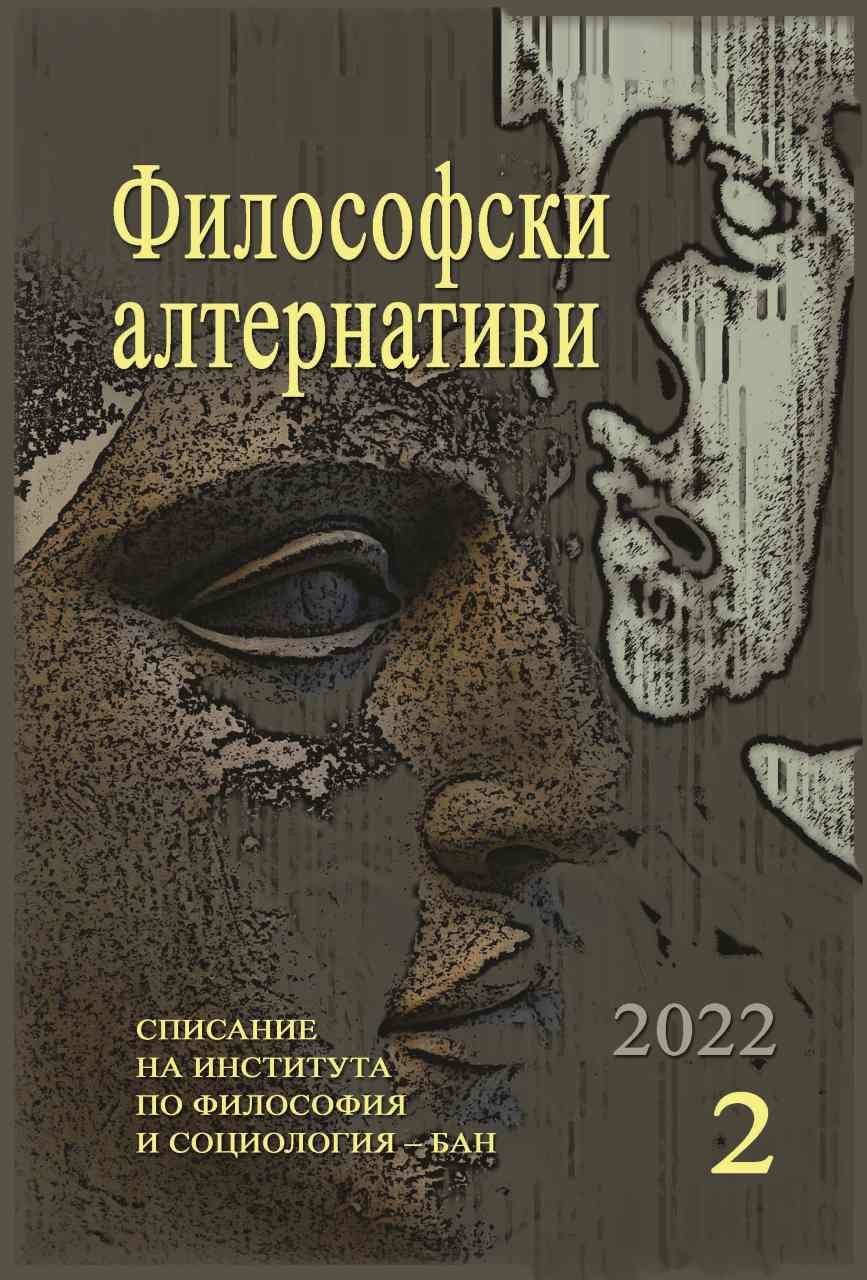SOCIALINIAI REALYBĖS ŠOU EKSPERIMENTAI
In the article, genres of TV reality shows are analysed. During them, temporary societies are being constructed. In social television experiments there may be identified palallels to existing and theoretical models of society. Television modifies the Panopticon concept by J. Bentham with help of new technological means. Reality shows become raw material for creating an artificial society which reminds of Leviathan by T. Hobbes. The historical evolution of television reflects a fight between aristocratic and democratic spaces and the threatening danger of democratic despotism, foretold by A. de Tocqueville. Having opened the door for self-expression of ordinary citizens, television becomes an authority that supplies society with amusements.
More...
